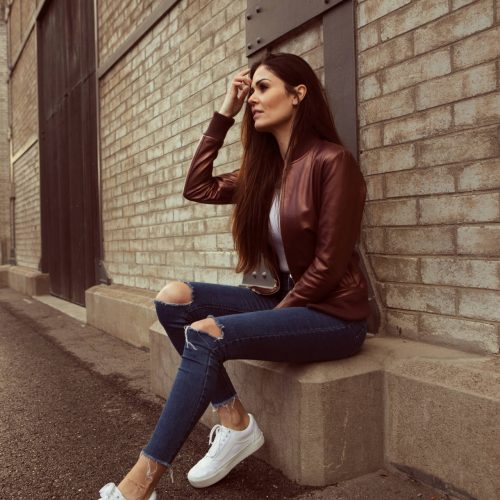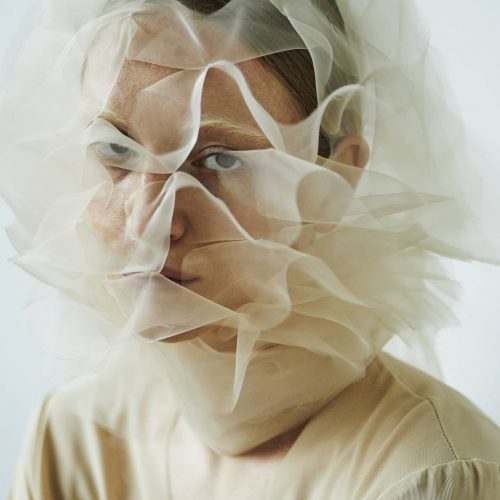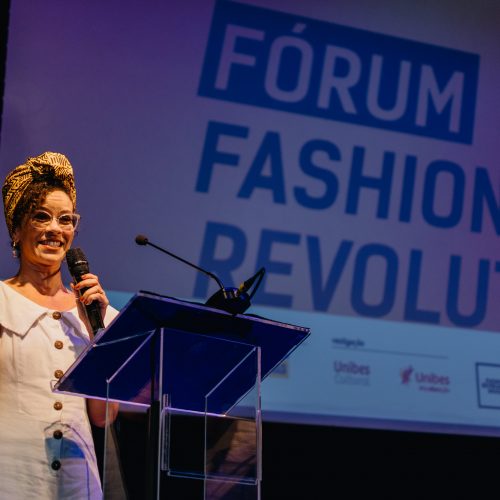How Are Luxury Fashion Leaders Responding To The COVID-19 Crisis?
The current COVID-19 era has engulfed all of our lives and affected us in more ways than one. We have never seen such a widespread impact in the fashion industry, let alone globally: from buyers to manufacturers, everyone is being touched by the corona-effect. So how are the luxury fashion leaders responding to the COVID-19 crisis?
Sadly, the spread of the coronavirus aftershock will linger long after the spread of the disease itself. Buyers are already choosing essentials over luxuries and brands are altering product promotions to maintain sales – Chanel for one having recently advertised their bath and body care range as a necessity. When it comes to businesses, Deborah Weinswig, chief executive officer and founder of Coresight Research stated “We’re not seeing a trade down, we’re just seeing a stop,”, having already witnessed business closures and a continuing struggle to stay afloat. Workers are being forced to choose between their lives and their livelihoods. Even vast corporations are in the midst of this crisis, the foundations of their entire system having been snatched from under their feet.
With an anticipated 20 to 25 percent drop in luxury sales, luxury fashion leaders are also suffering. They have huge amounts of responsibility in looking after their customers, their employees and their community - so what is their plan of action?

Stella McCartney on Instagram
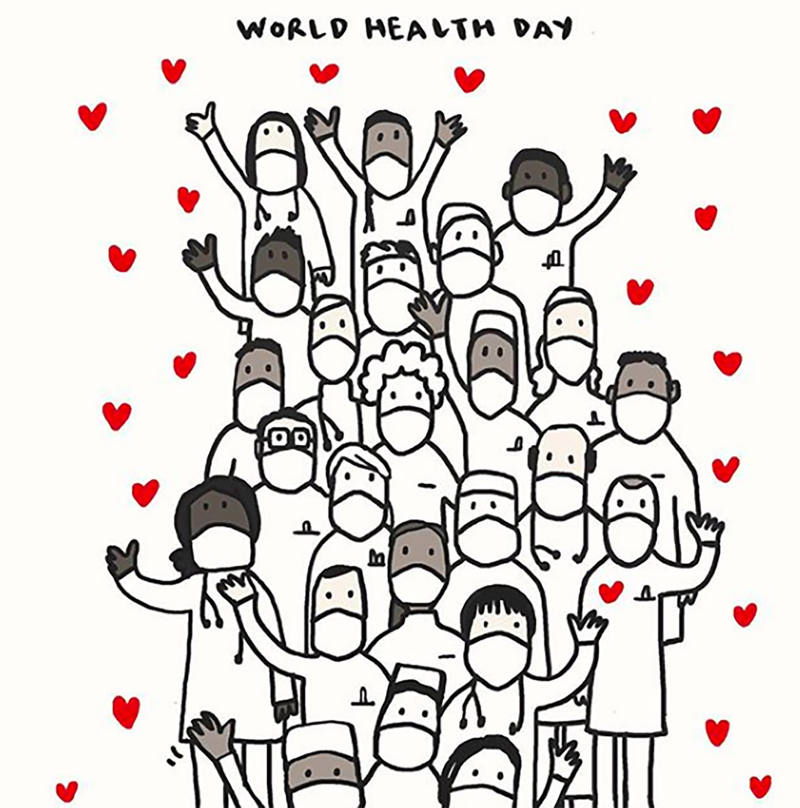
© Kering

© Viktor&Rolf. Haute Couture 2020
HOW ARE LUXURY FASHION LEADERS HELPING THE HEALTHCARE FRONTLINE?
If there was ever a time to use a powerful presence for good, that time is now. Whether making financial donations, funding scientific research studies or helping produce vast quantities of healthcare equipment, these luxury fashion leaders have fortunately proved that they are more than just fashion brands.
Financial donations have been widely granted by luxury fashion brands in helping fight COVID-19. Gucci has made “two separate donations of 1 million euros each to crowdfunding campaigns”: one to Italy’s National Civil Protection Department and the other to the United Nations Foundation’s COVID-19 Solidarity Response Fund, calling on their #GucciCommunity to follow suit by posting links to both crowdfunding campaigns on their website and social media pages. Offering words of encouragement in this time of crisis, Alessandro Michele and Marco Bizzarri, Gucci’s Creative Director and CEO, said “Gucci has created a world, open and free: a Gucci global community. We ask all of you to be the Changemakers in this crisis, to stand together with us in the fight against the Coronavirus. We are all in this together.”
Some fashion figures have stepped in front of their brands and taken a personal stand. Armani made headlines in February by being one of the first luxury fashion leaders to respond to the coronavirus spread by closing their Fall 2020 fashion show to the public. Since this bold and widely unpopular decision, Giorgio Armani has donated over “1.25 million euros to a range of Italian hospitals”. Donatella Versace and her daughter Allegra Versace Beck have also taken a personal approach, pledging to donate over 183,000 euros to San Raffaele hospital, Milan. And Dolce & Gabbana’s founders Stefano Gabbana and Domenico Dolce are donating funds to a COVID-19 study, stating “In the face of these tragedies of such a vast scale, each action may seem insignificant. But… we understood that in any case it was worth doing something.”.
Fashion retailers are also aiding fundraising efforts. Kering, which houses brands like Gucci, Bottega Veneta, Saint Laurent, Stella McCartney and Balenciaga, stated “We stand with our healthcare workers” after donating “1 million USD to the CDC Foundation to support healthcare workers in the Americas” alongside donations to the Hubei Red Cross Foundation, four major foundation hospitals in regions of Italy, and the non-profit Institut Pasteur. LVMH, retailer of brands including Louis Vuitton, Christian Dior, Givenchy, Marc Jacobs and Kenzo, has also donated $2.2 million to the Red Cross in China.
Action has also come in the form of equipment donations. Gucci aims to donate “1.100.000 surgical masks and 55.000 medical overalls” to hospitals in Italy and Prada has dedicated two hundred workers to the production of 80,000 medical overalls and 110,000 masks – that’s 10,000 of each per day - for healthcare workers. The brand is also donating two resuscitation and intensive care units to hospitals in Milan. LVMH and its houses have repurposed their facilities for the production of face masks, gowns and hand sanitizer, while Kering have pledged to provide the French healthcare service with “3 million surgical masks” (purchased and imported from China) and are preparing their French workshops of Balenciaga and YSL “to manufacture masks while complying with the strictest health protection measures for their staff members”, production getting underway “as soon as the manufacturing process and materials have been approved by the relevant authorities”.
Other action has come in the form of moral boosting efforts. Stella McCartney have posted coloring sheets on their website for distracted children and have introduced ‘Stellavision’ on Instagram, “a channel for our #StellaCommUnity to come together and share the ways they are thriving and surviving in this new reality”. This channel features entertaining short videos, like their #StellaStaircase challenge. Kering have also gone down the creative route, pairing up with illustrator @soledadbravi to provide downloadable illustrations to empower us throughout the quarantine period.
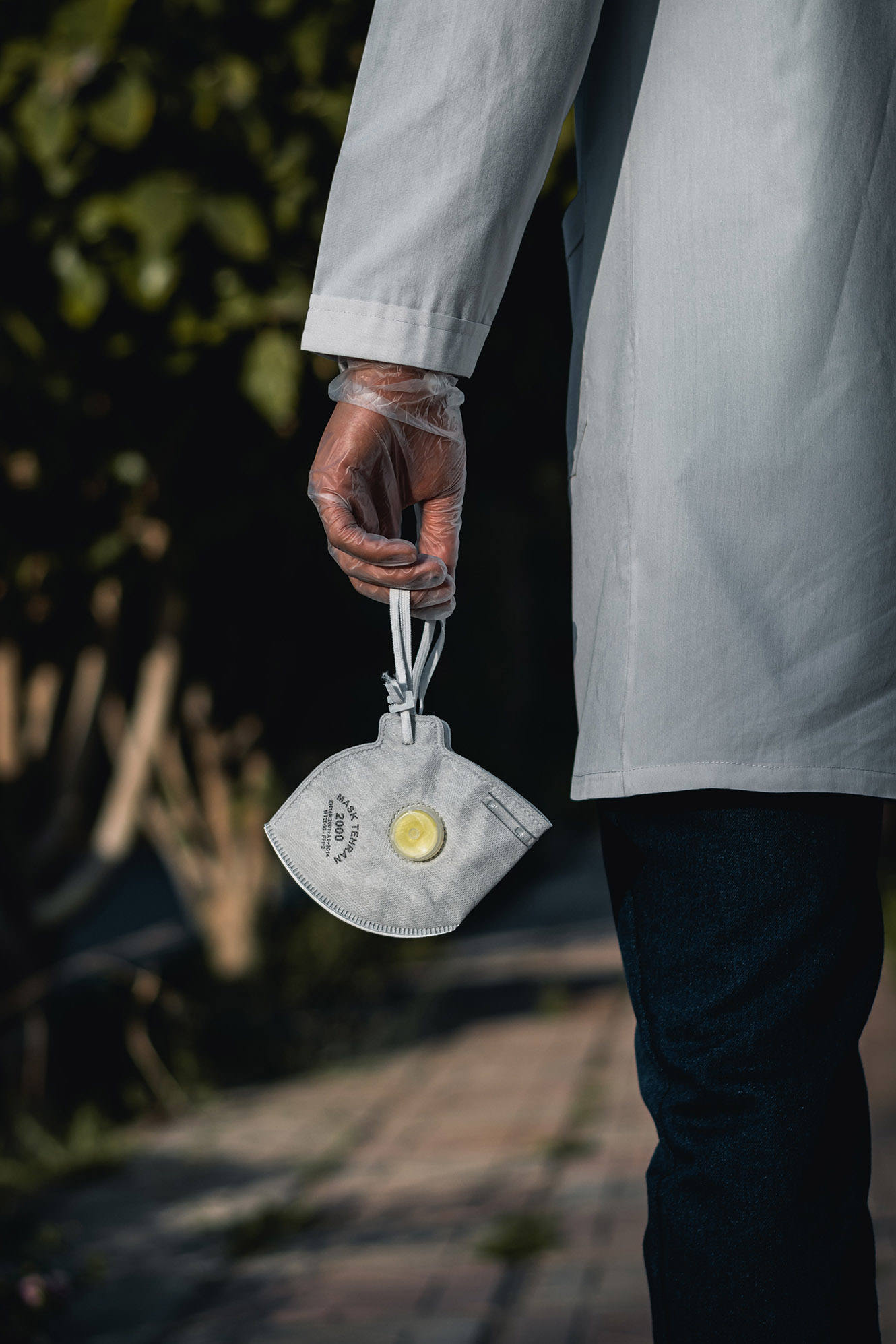
WHAT ARE LUXURY FASHION LEADERS DOING TO HELP THEIR WORKERS?
It is one quest to assist healthcare efforts, but what about the workers putting their lives at risk for the sake of a salary? Workers in Bangladesh of fast fashion brands like H&M, Walmart and Tesco have taken to the streets in protest after the retailers cancelled completed orders from their factories, leaving workers left in the lurch: “If we stay at home, we may save ourselves from the virus. But who will save us from starvation”, explained one worker. So what about the luxury fashion brand workers? Following government guidance, the majority of luxury fashion brand stores have closed to help prevent the spread of coronavirus. Shopping has been transferred to the web and delivery dates extended to aid distribution efforts. In Italy, where 88% of Kering’s suppliers are based, strict lock-down measures have led to widespread “Supply chain delays, factory closures and uncertainty”. Most luxury fashion brands remain partially operative, continuing production and deliveries at a slower rate with heightened precautions. This is less cost-effective than closing completely, so the decision to remain partially operative is for preserving the client relationships and workers’ wages. Gucci has stated that their “top priority is the health and well-being of our clients, teams and communities”, and luxury shoe brand Casadei has taken a direct approach by alternating “production cycles to respect the government mandate of distance between workers”, while leading manufacturer Ratti is using a “smart working” tactic to enable workers to work “remotely and with flexible hours”. Viktor & Rolf have noted the wellbeing of their workers in a detailed statement, saying they are “taking enhanced precautions across our supply chain and asking our third-party partners to do the same” by requesting sick employees to remain at home, “enforcing healthy hygiene habits” , implementing “a three (3) day quarantine of all returned packages” and “conducting detailed employee awareness campaigns about COVID-19 to stay safe and prevent further spread” for their employees. How these precautions develop as lock-down measures develop, only time will tell. With a long road ahead and situations not set to improve for the luxury sector until 2021, some companies will unfortunately buckle under the pressure. But, for now, these leaders seem to be doing what they can to ensure the safety and security of their workers. As Ratti’s CEO Sergio Tamborini added, “Fashion doesn't serve any purpose — we could all stop working for a year and a half, and nothing would change, except for the people who work in it,”.

Cressi Sowerbutts is a fashion communication student based in London and Norwich. Passionate about sustainability and fashion, she aims to fuse the two in highlighting that you can simultaneously celebrate both fashion and the environment.
Instagram: @cressiclaire

